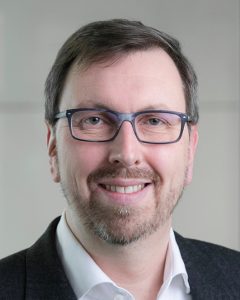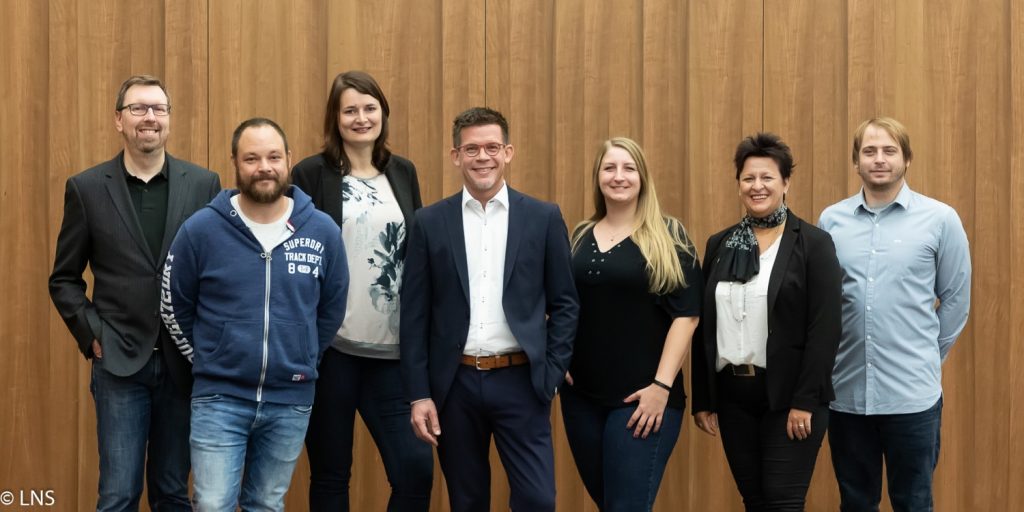
Priv. Doz. Dr. med. Thorsten Schwark
- Department
DEPARTMENT OF FORENSIC MEDECINE - Function
Chef de département - Specialization
Facharzt für Rechtsmedizin - Phone
+352 28 100 691 - Fax
+352 28 100 692 - Email
thorsten.schwark@lns.etat.lu

Operational since 2014, the forensic medicine service covers several areas of responsibility, of which the most important are forensic autopsies, forensic examinations of corpses, post-mortem exams as well as visits to locations where corpses were discovered. For preliminary judicial investigations, the service also conducts clinical examinations of living persons. It also carries out various assessments concerning forensic matters and provides training in forensic medicine.
It should be noted that the service is integrated into the national team of the Grand Ducal Police in charge of the identification of disaster victims (DVI = Disaster Victim Identification).
Required by the District Courts of Luxembourg and Diekirch, autopsies are primarily intended to determine the cause of death, to help understand the sequence of events and identify the type of weapon used. In collaboration with the forensic toxicology service and the DNA service, this service is also used to determine the degree of intoxication or to assist in the identification of an individual.
Expert opinions can be performed at the request of the District Courts of Luxembourg and Diekirch, but also for other official experts and foreign judicial bodies. These include physical examinations of living persons, approximate age determination and oral or written forensic analysis based on medical records or other records.
In addition, the service provides training in the field of forensic medicine for various national institutions, such as the Police School (basic training), the Criminal Investigation Division, the Public Prosecutor’s Office and District Courts, the Luxembourg Red Cross, the Fire Department and Ambulance Service of the City of Luxembourg, the firefighters of the municipality of Manternach as well as for Omega 90, the Luxembourg Association for the Promotion of Palliative Care and Support for Mourning.
Basic training on autopsies and classification of types of deaths are taught at the FHVS Saarbrücken (Fachhochschule für Verwaltung Saarland = Saarland University of Applied Sciences for Public Administration).
